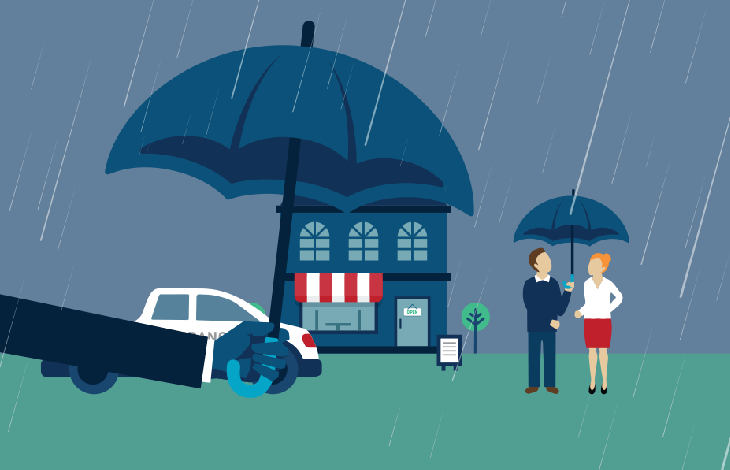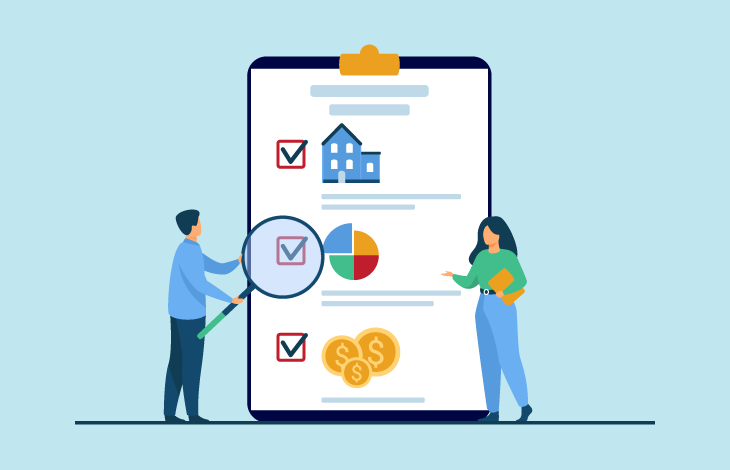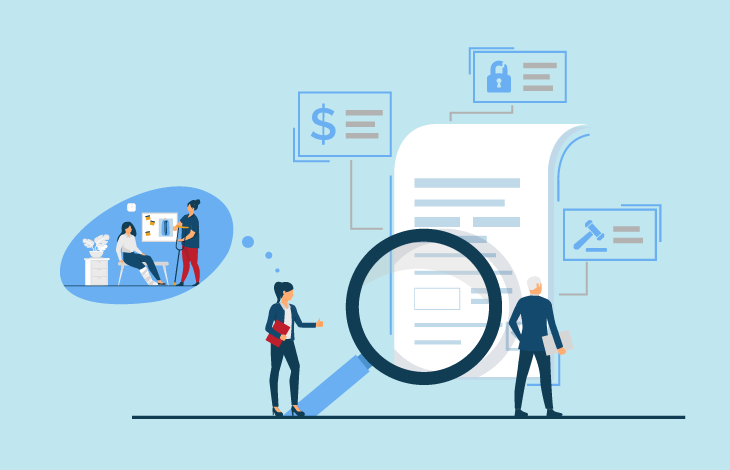Liability Insurance
What is Liability Insurance?
Liability Insurance is a general term that covers multiple types of insurance cover that help people and businesses protect themselves from potentially large legal defence costs and any damages awarded by a court.
The main types are Public & Products Liability, Professional Indemnity, Management Liability, Statutory Liability & Product Recall. These also specialist liability insurance for the aviation, marine, Care and finance industries.
Why is Liability Insurance important?
Some Liability Insurance is mandatory, which means the government requires you to have it in place to operate the business – like Professional Indemnity for architects or CTP Liability Insurance for registered cars and trucks. Other types are optional, with the scope and amount of insurance cover chosen by the business owner.
Anyone who deals with the public, sells, imports goods, drives a car or truck or operates a plane or boat should have Liability Insurance, which has two main cover sections:
- Public Liability – injury to the public or damage to their property on the business premises or caused in a truck or boat accident.
- Product Liability – once the item you sell or repair leaves your control (for example, a plumber installing a washing machine), if it damages or injures someone then you could be legally responsible.
Additional covers include:
- Professional Indemnity – if you provide advice or a service, such as an accountant, care worker or building consultant, you could be legally liable for any advice you provide, which results in external clients or customers being financially worse off.
- Management (D&O) Liability – covers the personal liability of directors, officers and senior managers for mistakes they make in running the business. This may result in a loss to the company, its shareholders, or bank or an investigation by ASIC, EPA or other government agencies.
What does Liability Insurance cover?
Cover depends on the type of Liability Insurance you’ve purchased, as well as your business and your industry:
- Public Liability Insurance – covers people, businesses, events and contractors for legal defence costs if legal action is taken against you or the business, whether it’s a genuine claim or a try-on from a disgruntled customer. This insurance will also pay any damages awarded by a court if found responsible for causing personal injury or damage to property, as well as any resulting financial loss. While Public Liability cover can be mandatory, like plumbers in some states, it’s mostly optional and a decision for the business owner.
- Product Liability Insurance – If you make, import, sell, distribute or repair products, you can be responsible for personal injury, property damage or resulting financial loss due to faults in the product, product advice about the use, or even customer misuse. You are unlikely to be able to depend on the original manufacturer, importer or retailer to protect you and pay for your legal costs. So, it’s a good idea to take out Product Liability Insurance as protection against potentially having to pay expensive legal defence costs and any damages awarded by a court.
- Professional Indemnity Insurance – provides cover for professionals which is any person that has expertise and is usually part of a trade or professional group, such as builders, designers, architects, IT consultants, and allied health professionals, as well as doctors and lawyers. It covers legal defence costs and any damages awarded from an act, error or omission arising from professional services you and your business provide to customers and clients.
- Management Liability Insurance – covers directors, officers’ and senior managers against actual or alleged acts, errors or omissions arising out of the operation or management of the company. The cover is for personal legal defence costs, as well as any damages awarded for a breach of work-related duties and responsibilities. The policy will also reimburse the company for any legal costs advanced to the director or officer.
As you can see, there’s a wide range of Liability Insurance, with cover tailored to each industry and type of business. The better advice you get, the more informed your decision to ensure the best protection for you, your directors and managers and the business.
We’ll be glad to talk with you to understand your needs and provide advice on the best way to manage your personal and business liabilities.
Frequently Asked Questions
What is an example of liability insurance?
There are mandatory and optional liability insurance covers required by government bodies or professional organisations.
- Mandatory or Statutory Liability Insurance policies include Professional Indemnity (also referred to as PII or E&O insurance), Motor Vehicle CTP, Workers' Compensation and Builders Warranty.
- Optional Liability Insurance policies include Property Owners’ Liability under a home or property insurance package, Protection & Indemnity insurance for boats, Public Liability for shop or office owners, and Product Liability for importers, wholesalers and builders.
What is covered by liability insurance in Australia?
Liability Insurance covers a person or a business against claims (whether real or invented) that the person has been injured, their property has been damaged, or they’ve suffered a financial loss. All policies provide legal costs to defend against threatened or actual litigation, and also pay for damages if you or the business are found to have been responsible.
What kind of liability insurance do I need?
Some occupations, such as builders or tax agents, must have Liability Insurance in place before starting a business. Talk to your professional organisation or industry association about what insurance you need. Other Liability Insurances are optional – for example, a large food producer may look at buying Product Recall, whereas retailers and property owners would purchase Public Liability. Motor Vehicle CTP and Workers' Compensation are required if you own or operate vehicles or have employees.






